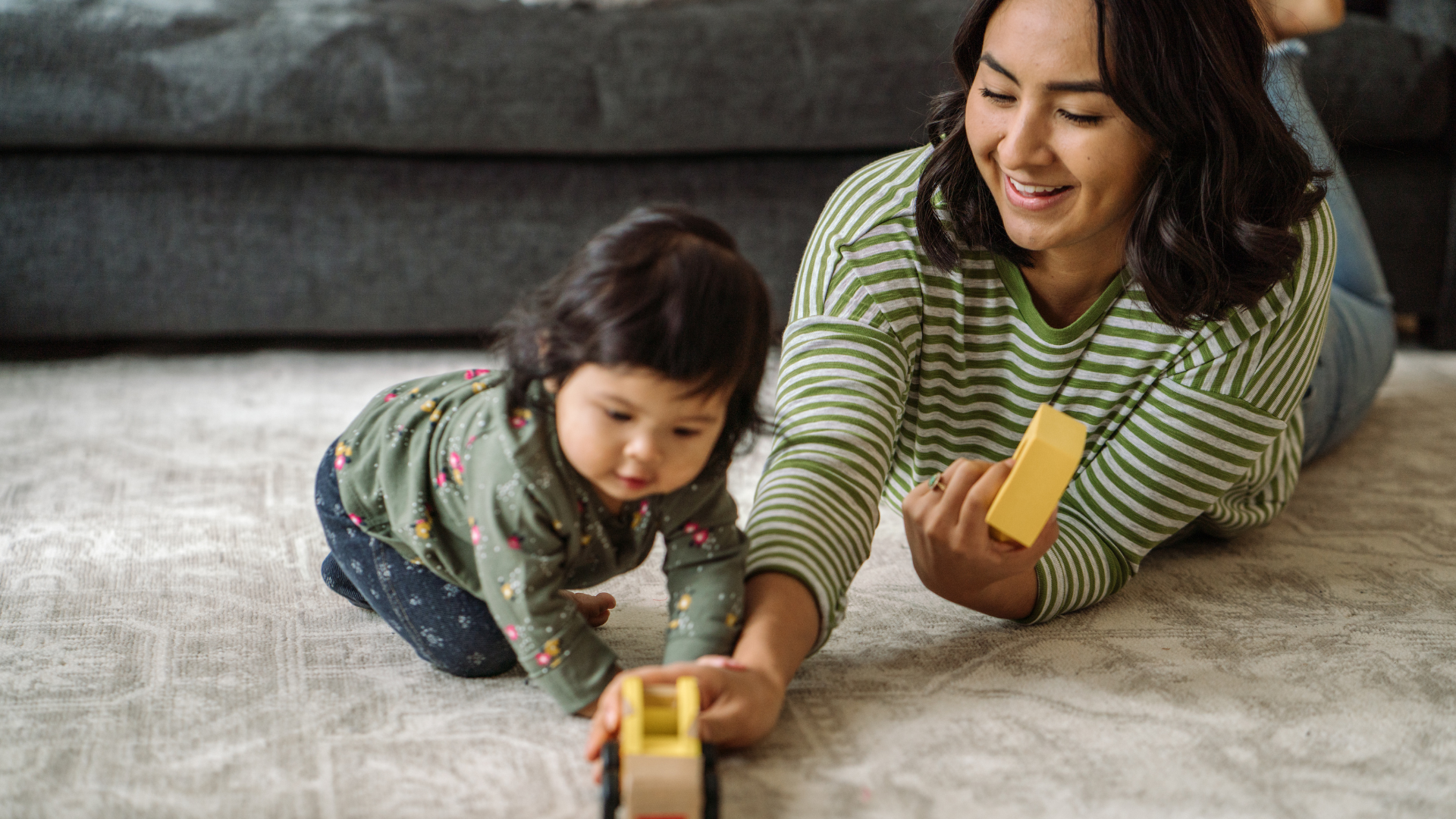Holidays are a time for family, fun, and making memories, but for co-parenting families, they can also bring challenges. When kids split time between two homes, it’s natural for both parents to want special moments with them. The good news is that with a little planning and flexibility, co-parents can make the holidays meaningful and memorable for their children. Here are some helpful tips to create joyful holiday traditions in a co-parenting family.
Tip #1: Plan Ahead and Communicate
The key to a peaceful holiday season in a co-parenting family is planning ahead. Before the holidays arrive, talk with your co-parent about how you’ll divide the time. Agree on who will have the kids on which days, and plan any transitions in a way that keeps things smooth and stress-free. You can split the holidays by alternating years (one parent gets Thanksgiving one year, the other the next), or divide the day (one parent has the morning, and the other has the evening).
Clear communication helps avoid misunderstandings and ensures both parents know what to expect, making things easier for everyone.
Example: Sarah and Tom decided that Tom would have their son, Jake, on Christmas Eve, while Sarah would have him on Christmas Day. They agreed on pickup and drop-off times so Jake could enjoy time with both parents without any confusion.
Tip #2: Create New Traditions to Make Holidays Special for Your Family
When families change, traditions can change, too. Creating new holiday traditions that fit your co-parenting family can make the season feel special for your child. These new traditions don’t have to be fancy—they just need to be meaningful. Maybe you’ll bake cookies together, go for a walk to see holiday lights, or have a family game night on New Year’s Eve.
By building new traditions, you’re creating happy holiday memories that your child will cherish, even if they’re a little different from before.
Example: Every year, Emma and her daughter, Zoe, make homemade ornaments together when Zoe is with her for the holiday season. Zoe loves it, and they both look forward to adding a new ornament to their collection each year.
Tip #3: Focus on Quality Time, Not the Calendar
It’s easy to get caught up in the idea that holidays need to be celebrated on a specific date. However, for co-parenting families, the spirit of the holiday can be celebrated anytime. If one parent has the kids on Thanksgiving, the other parent could plan a “Thanksgiving Part Two” the following weekend, complete with a meal and family time. Remember, it’s about the quality of the experience, not the exact date.
This flexibility allows both parents to enjoy holiday celebrations without feeling like they’re missing out, and it gives kids a chance to enjoy two holiday gatherings.
Example: Mike couldn’t be with his kids on Christmas Day, so he planned a Christmas celebration with them the weekend before. They exchanged gifts, cooked their favorite holiday meal, and watched holiday movies together. His kids loved it, and it became their own “special” Christmas.
Tip #4: Encourage Your Child’s Excitement to Make Holidays Special in Both Homes
Help your child look forward to spending holiday time with both parents by encouraging excitement for each celebration. Talk positively about the holiday plans at your co-parent’s home and let your child know it’s okay to enjoy time with both families. This support helps your child feel happy and secure, knowing they don’t have to choose between parents.
Children should feel free to celebrate without feeling guilty, and a positive attitude from both parents helps them do just that.
Example: When Sophie told her mom, Lisa, how excited she was about decorating cookies at her dad’s house for the holidays, Lisa encouraged her excitement and said, “That sounds so fun! I can’t wait to hear all about it when you come back.”
Tip #5: Be Flexible and Keep Your Child’s Happiness First
Flexibility is key when it comes to co-parenting over the holidays. Sometimes plans may need to change, and that’s okay. If a holiday event or family gathering comes up unexpectedly, try to work with your co-parent to make adjustments. The goal is to keep your child’s happiness at the center of all holiday plans, which means staying open-minded and willing to adapt when needed.
When both parents put their child’s well-being first, it creates a positive environment that helps everyone enjoy the holidays more.
Example: When a holiday event was scheduled at Sophie’s school during her dad’s time, her mom, Lisa, asked if she could attend, and her dad happily agreed. This flexibility allowed Sophie to have both parents cheering her on.
Tip #6: Share Holiday Memories with Photos or Mementos
A great way to help your child feel connected to both parents over the holidays is by sharing memories. Encourage your child to take photos or bring home small mementos from their time with each parent. This way, they can share their holiday experiences with both parents, creating a sense of unity and connection.
Photos and keepsakes help kids feel loved and understood, knowing that both parents are interested in their experiences.
Example: Alex’s dad encouraged him to take photos of the holiday tree they decorated together. When Alex returned to his mom’s house, he happily shared the pictures, and his mom enjoyed hearing all about his time with his dad.
Tip #7: Remember to Take Care of Yourself, Too
Holidays can be busy, and co-parenting adds an extra layer of planning. It’s important to take care of yourself so you can fully enjoy the season with your child. Make time to relax, treat yourself, or enjoy your own holiday traditions, whether your child is with you or not. Self-care makes it easier to handle holiday stress and keeps your energy up for creating joyful memories with your child.
Example: When Jake spent Thanksgiving with his mom, his dad, Tom, made plans to visit friends and enjoy a relaxing day. By taking time for himself, he felt refreshed and ready to celebrate with Jake when he returned.
Final Thoughts on Making Holidays Special in a Co-Parenting Family
Holidays in a co-parenting family can be a time of joy, connection, and new traditions. By planning ahead, being flexible, and focusing on quality time, co-parents can create a positive holiday experience for their children. Encourage your child’s excitement, share memories, and don’t forget to take care of yourself, too.
With a little effort and a lot of love, you can make the holidays a special time that your child will remember fondly. No matter where they spend each day, your child will feel the warmth and care of both parents, which is what truly matters during the holiday season.
Making Holidays Special


